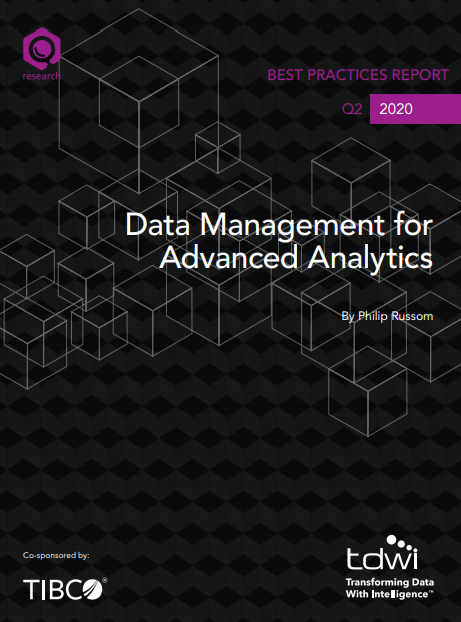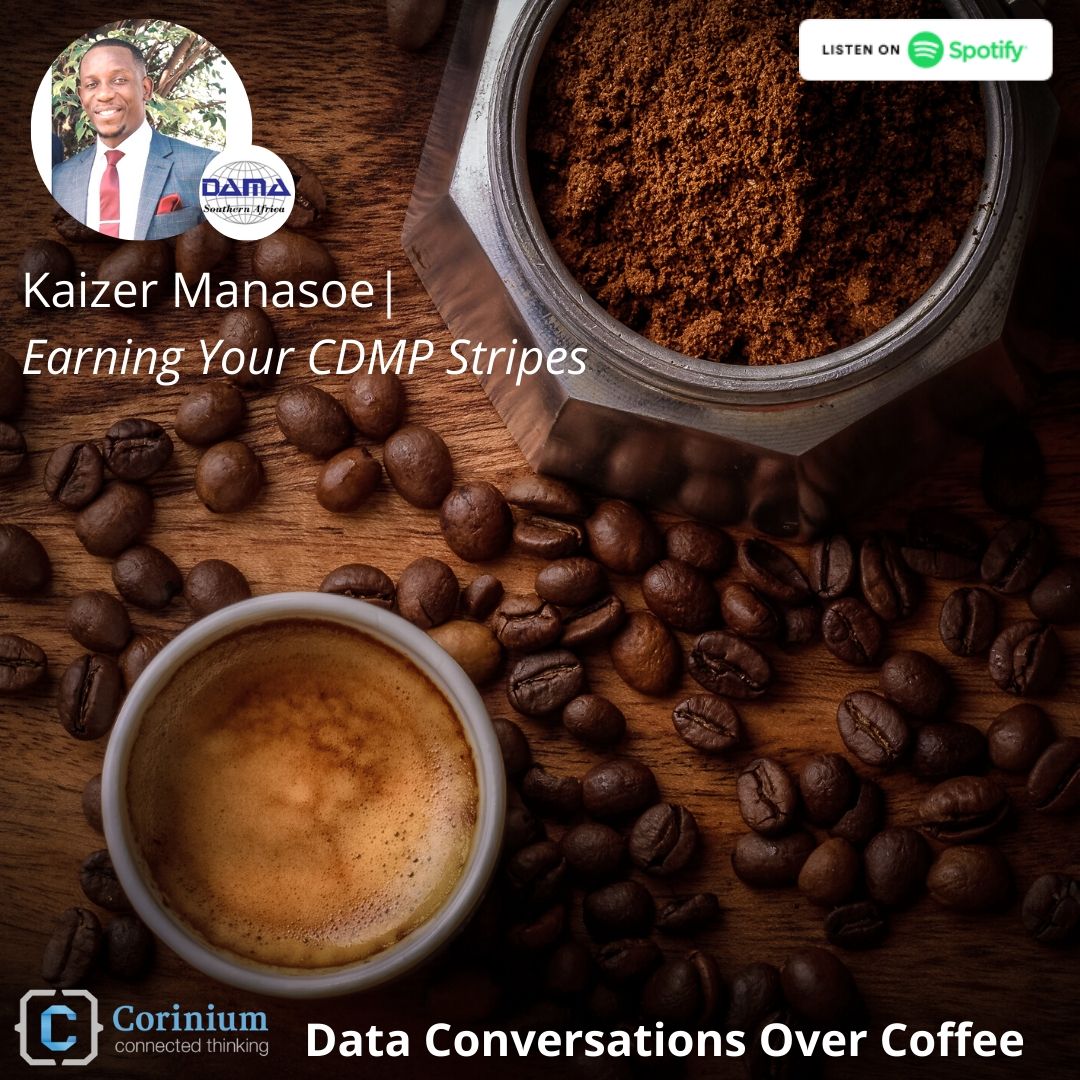Regardless of how successful your business is today, changing customer expectations and evolving market competition means your data strategy has to be equally robust and agile.
Data Strategy Report Card
Organisations understand the importance of capitalising on data assets to drive business change, for better customer insight, operational, risk and financial business value. But have they developed a comprehensive or healthy framework?
There are critical challenges involved and it’s not so much a journey as a holistic approach, data management is never done per se. It’s not a box that can be ticked once – the rising interest, or concern you might say, in data ethics should tell us that. However, there are key areas involved that underpin a successful data and analytics strategy that organisations need to know.
There is also a leadership role within current and future business that will be pivotal in overcoming business challenges and underline how data can be applied to achieve those goals. It’s the Chief Data and Analytics Officers. Organisations need a leader to drive that strategy with the know-how to secure an effective data framework and ecosystem, leverage data into insight and influence change throughout an organisation’s structural hierarchy.
The business application of data and ability to innovate and embed an innovative culture, to explore lean application and look at existing data in new and interesting ways is a privilege. CDAOs now have a licence to improve. But where’s the starting point?
Do you have an effective data strategy in place to capitalise on analytics?
CDOs are adept at looking above the technical infrastructure to see why it matters, and know how to explore data through a business lens. Harnessing traditional structured sources from data warehouses and CRM systems to new types of data holding huge potential for value to the business.
By co-ordinating an effective framework where you can trust the data, know it’s consistent and high quality is critical in allowing you to embark on an analytics journey. Data management is an enabler.
CDOs are adept at looking above the technical infrastructure to see why it matters, and know how to explore data through a business lens.
How Can I Apply Analytics to the Data Platform?
Well who owns the data? It’s no surprise that data is a highly politicised capital. Data is being lauded as the new dollar. Every organisation differs but without question a wider corporate strategy is imperative to maximise the business value of data.
But how can one person alone derive value? A key to successful leadership is a successful team. But from Corinium’s global research there is a key topic that appears on each continent: how do I find people who have that understanding of both the business domain and the analytics complexity that’s required? It’s the skills shortage, recently at an event I’ve heard it called a myth, but there is sufficient community gripe that lets the argument stand.
Are there enough data and analytics specialists bridging business and analytics understanding? Can business leaders be trained up from within, or should they come from outside the organisation? Well, I’m glad that’s the CDAOs job. Well, I’ve heard some very positive stories recently about effective teams, and how they were developed. In Sydney recently we had a fascinating talk given by David Rhee, Head of Global Marketing Analytics at Adidas who offered insight into those team members who could show evidence well, those who built strong relationships and those who could drive success. The CDAO’s job is to recognise, foster and support these attributes to ensure the team and analytics function can have a positive impact upon the business
How Can I Make Analytics Useable in Day-to-Day Processes?
Many organisations are currently asking: How can we get people within the organisation to work more with analytics?
A senior data leader based in Singapore recently told me that “Culture is the Holy Grail”. Well, it’s certainly a cornerstone of any successful data and analytics strategy. Cultural change is always listed as a major challenge. For many people organisational wide change management is too scary to think about. But it’s the one method that will break down organisational silos, develop structure for future growth, and crystallise insight so it informs business decisions.
What does the rise of self serve analytics mean for us? Well, there will be a serious need to successfully manage self-service capability for business leaders to successfully drive insight based decision making. There has been a lot of nervous talk about it and I can see people signalling the CAO already.
So how do we start on this?
Research suggests that it’s a broad spectrum as to analytics adoption and maturity so it’s hard to generalise but assess your organisation’s current performance as one thing is certain… more data is coming!
For more insight on the pitfalls that can be avoided on the journey to make strategic use of data assets join the discussions and hear leading keynotes at the Chief Data and Analytics Officer Forum Singapore, 27-28 July 2016.
By Kate Tappin:
Kate Tappin is the Content Director for the Chief Data and Analytics Officer Forum Singapore. Consulting with the industry about their key challenges and finding exciting and innovative ways to bring people together to address those issues – the CDAO Forum is launching in Singapore, 27-28 July 2016. For enquiries email: kate.tappin@coriniumintelligence.com







.jpg)

